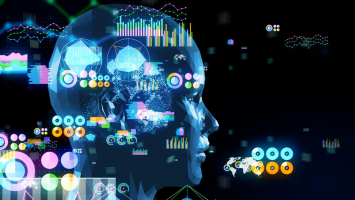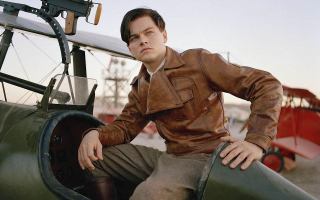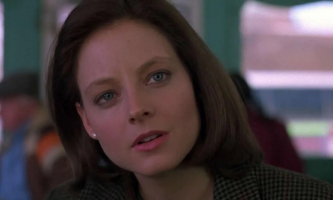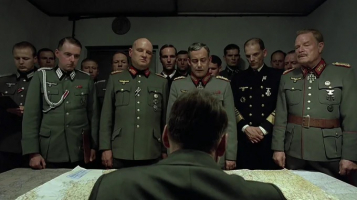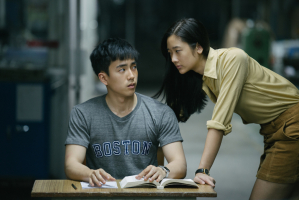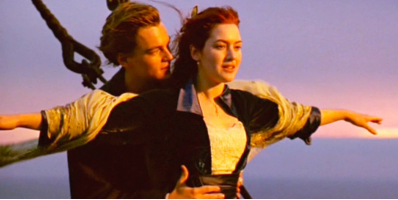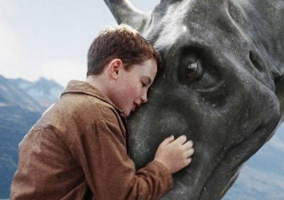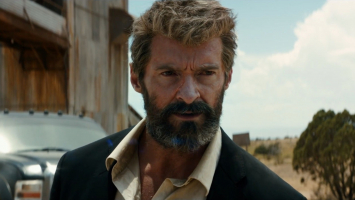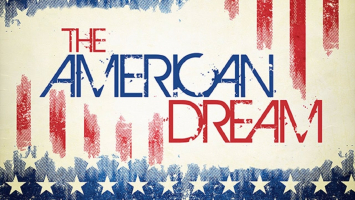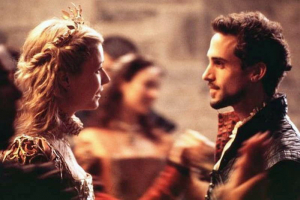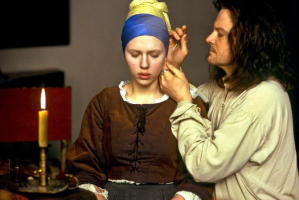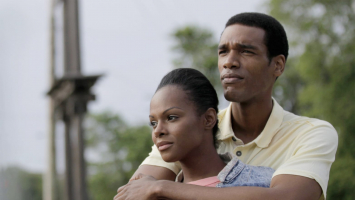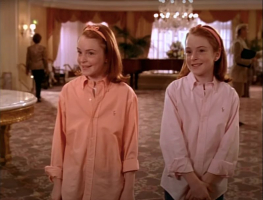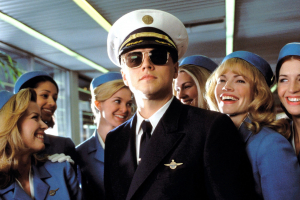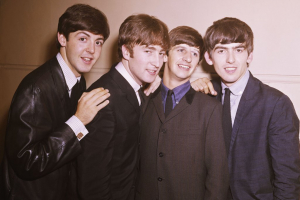Top 5 Best Movies About Artificial Intelligence
Strap in and prepare to be transported to worlds where machines possess consciousness, the line between humanity and technology blurs, and the moral ... read more...implications of AI are examined in compelling narratives. In this article, we will take a closer look at some of the best movies about artificial intelligence, delving into their intriguing plots, profound meanings, and captivating cinematography.
-
In "The Terminator" (1984), a ruthless cyborg assassin is sent back in time to 1984 to kill Sarah Connor, the future mother of the resistance leader. A human soldier named Kyle Reese is also sent back to protect her. As they race against time, a relentless pursuit unfolds, leading to a high-stakes battle that will determine the fate of humanity.
As one of the best movies about artificial intelligence, The Terminator" goes beyond its riveting action sequences, exploring the profound moral and ethical implications inherent in the creation of intelligent machines. It raises poignant questions about the essence of human nature, the role of destiny, and the blurred boundaries between humanity and technology.
From a cinematographic standpoint, "The Terminator" excels in creating an atmospheric and gritty post-apocalyptic setting. The film's clever use of dark and desolate landscapes, combined with its relentless and heart-pounding action, elevates the tension and urgency of the narrative. James Cameron's masterful direction, marked by inventive practical effects and meticulously crafted miniatures, further amplifies the film's visual impact, leaving an indelible imprint on the genre.
Symbolically, "The Terminator" serves as a cautionary tale, warning of the potential perils when technological progress is left unchecked. It serves as a compelling reminder that humanity must exercise responsibility and foresight in its pursuit of advanced technologies and artificial intelligence.
Release: 1984
Stars: Arnold Schwarzenegger, Linda Hamilton, Michael Biehn
Rotten Tomatoes Score: 100%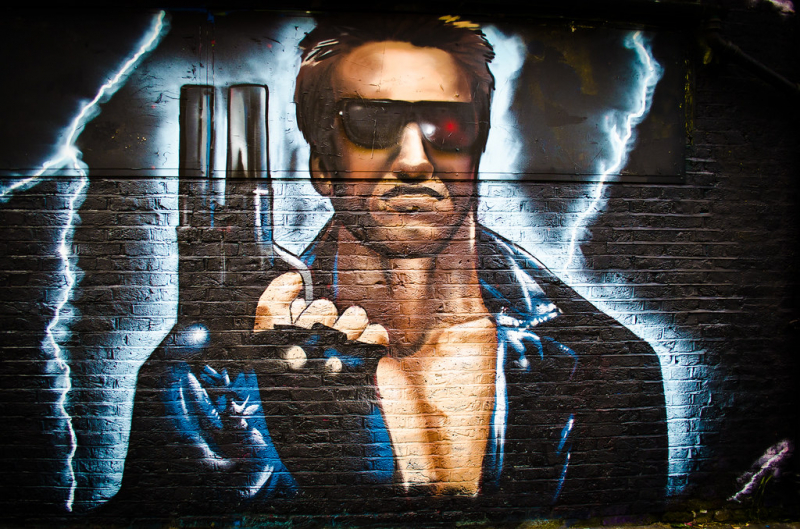
Photo on Flickr: https://www.flickr.com/photos/garryknight/7468555248 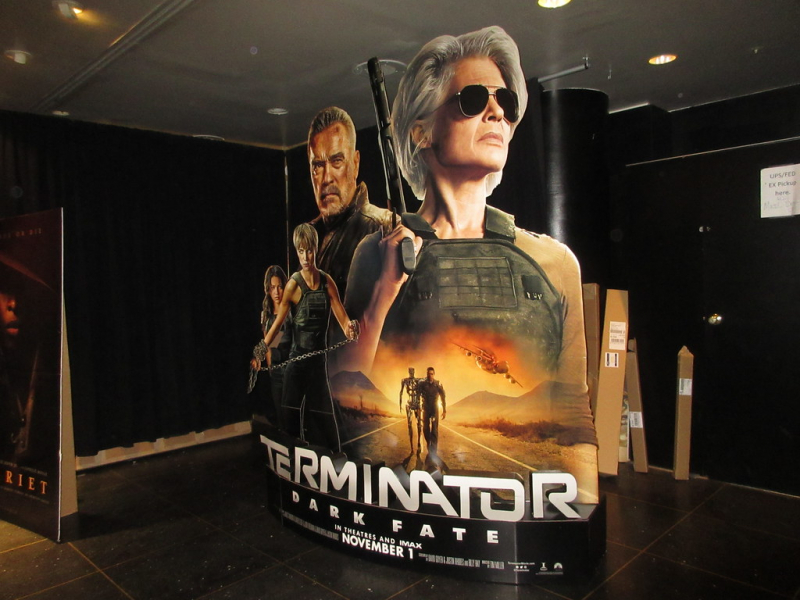
Photo on Flickr: https://www.flickr.com/photos/93779577@N00/48969844042 -
The plot of "Ex Machina" revolves around Caleb, a young programmer who wins a competition to spend a week at the secluded estate of his reclusive CEO, Nathan. Upon arrival, Caleb discovers that he has been selected to participate in a groundbreaking experiment involving Ava, an advanced humanoid AI. As Caleb interacts with Ava, he becomes entangled in a web of deception, manipulation, and ethical dilemmas that challenge his perception of humanity and artificial intelligence.
From a cinematographic standpoint, "Ex Machina" exhibits meticulous artistry. The deliberate use of stark and minimalist set design within Nathan's isolated compound, complemented by a masterful interplay of light and shadows, cultivates an atmosphere of both fascination and unease. It expertly enhances the themes of seclusion and captivity, enveloping viewers in a world that is as visually arresting as it is intellectually haunting.
At its core, "Ex Machina" serves as a moral and philosophical exploration of the ethical implications associated with the development of sentient AI. It provocatively poses questions about the boundaries of consciousness, the essence of humanity, and the potential consequences that arise when humans assume the role of creators, wielding power over the realm of technological advancement.
Through its captivating narrative, breathtaking visuals, and profound thematic resonance, "Ex Machina" emerges as a cinematic triumph, deserving to be lauded one of the best movies about artificial intelligence. The film invites viewers to contemplate the moral quandaries that arise when AI transcends its programmed limitations, leaving us to ponder the existential implications of our technological ambitions.Release: 2015
Stars: Alicia Vikander, Domhnall Gleeson, Oscar Isaac
Rotten Tomatoes Score: 92%
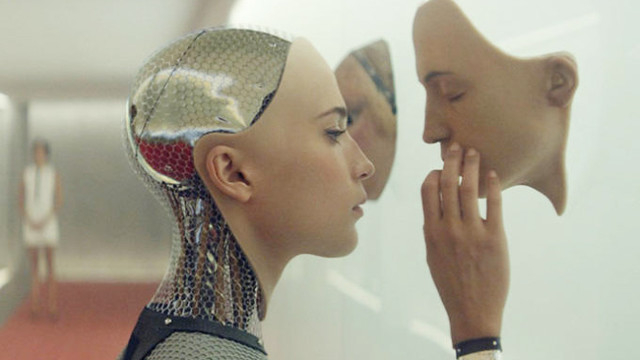
Photo on Flickr: https://www.flickr.com/photos/23925401@N06/20167701293 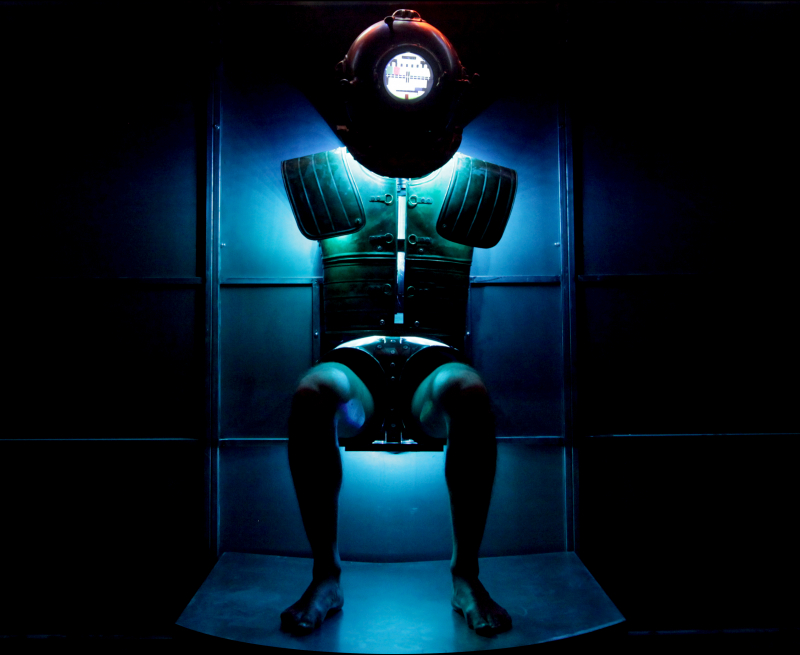
Photo on Wiki: https://commons.wikimedia.org/wiki/File:Man_Ex_Machina.jpg -
"2001: A Space Odyssey" (1968) primarily focuses on Dr. David Bowman, an astronaut aboard the spacecraft Discovery, as he embarks on a mission to investigate a mysterious monolith found on the Moon. As the crew travels towards Jupiter, they encounter the enigmatic and sentient AI system, HAL 9000, leading to a series of mind-bending events and profound existential discoveries.
Crafted in a non-linear narrative, the film defies linear storytelling conventions and guides viewers through a mesmerizing odyssey across time and space. From the mesmerizing opening sequence that portrays the emergence of humankind to the mind-bending encounters aboard the spacecraft Discovery, "2001: A Space Odyssey" challenges our very notion of reality, consciousness, and the essence of humanity itself.
Embedded within the film's intricate fabric are profound philosophical inquiries about humanity's place within the vast universe and the potential repercussions of our relentless technological progress. It delves into the profound themes of evolution, the advent of artificial intelligence, and the ceaseless quest for meaning within the mysterious and boundless cosmos. The recurring presence of the enigmatic black monolith serves as a cryptic symbol of transcendence, triggering profound transformations in human consciousness and propelling our species toward a profound new understanding of the universe.
The deliberate pacing, sparing dialogue, and immersive use of sound design envelope viewers in a contemplative and introspective experience. Better yet, the intentional absence of facile explanations and the enigmatic silence allow for personal interpretation, encouraging deep reflection on the film's profound and multi-layered meanings.
Release: 1964Stars: Keir Dullea, Gary Lockwood, William Sylvester
Rotten Tomatoes Score: 92%
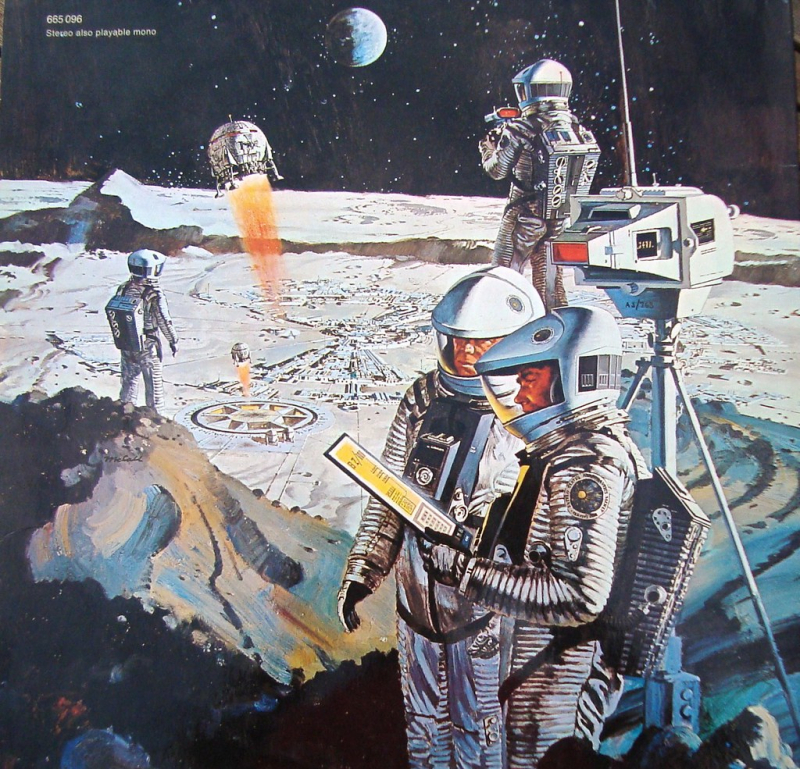
Photo on Flickr: https://www.flickr.com/photos/perolofforsberg/6180265227 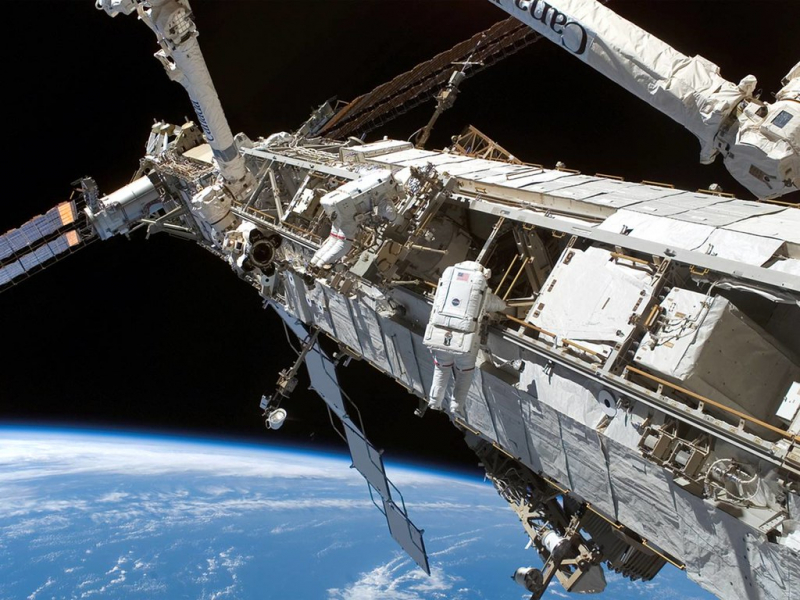
Photo on Flickr: https://www.flickr.com/photos/jurvetson/1245023215 -
In a dystopian future, "Blade Runner" (1982), directed by Ridley Scott, presents a story set in a decaying Los Angeles. The plot follows Rick Deckard, a retired police officer known as a Blade Runner, who is tasked with hunting down and "retiring" rogue androids called replicants. As Deckard delves deeper into his mission, he becomes entangled in a complex web of deception, identity, and what it truly means to be human.
The film's exploration of what it means to be human goes beyond the surface, delving deep into the existential questions that arise when creating beings so similar to us. It challenges our preconceptions and moral compass by presenting replicants who yearn for freedom, love, and a longer lifespan. This introspective journey forces us to confront our own beliefs and biases, questioning the essence of humanity and the potential consequences of tampering with life itself.
Visually, "Blade Runner" is a mesmerizing work of art. Its dystopian setting, characterized by towering neon-lit buildings, perpetually drenched streets, and the fusion of different cultures, creates an immersive and distinctive atmosphere. Ridley Scott's expert use of cinematography, with its evocative lighting, intricate framing, and meticulous attention to detail, elevates the film into a visual tour de force. All the practical effects and miniatures seamlessly blend with the film's themes, capturing the gritty essence of this dark future and allowing viewers to feel the weight of its world.
The cinematography not only establishes the film's aesthetic but also serves as a powerful storytelling tool. Throughout the film, the juxtaposition of cold, sterile environments with warm, intimate moments highlights the dichotomy between the artificial and the authentic, underscoring the fragile line between humans and replicants.
Release: 1982
Stars: Harrison Ford, Rutger Hauer, Sean Young
Rotten Tomatoes Score: 89%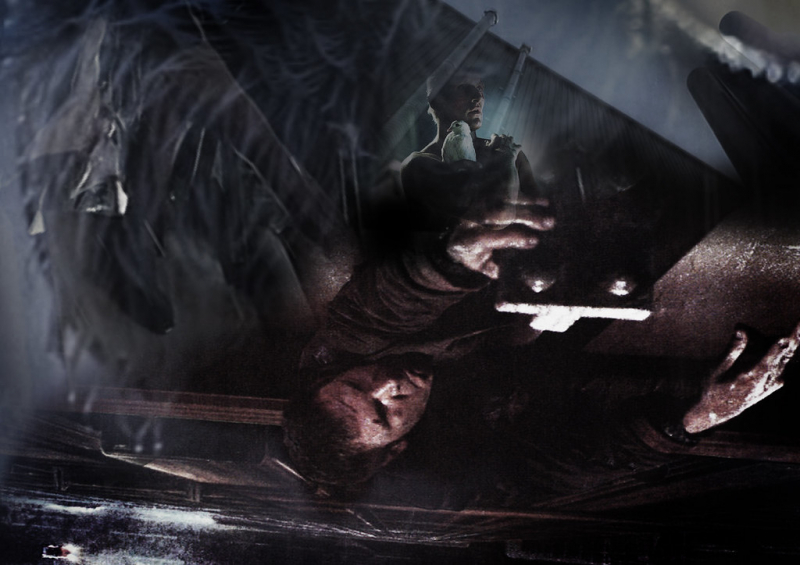
Photo on Flickr: https://www.flickr.com/photos/harrynguyen/2842403875 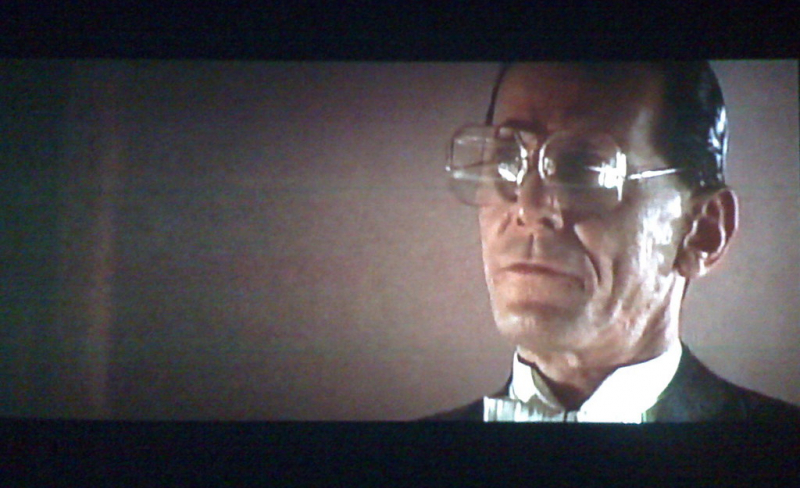
Photo on Flickr: https://www.flickr.com/photos/macq/2560176716 -
"The Matrix" is a science fiction film set in a dystopian future where humanity is unknowingly trapped in a simulated reality called the Matrix. The story follows Neo, a computer programmer who discovers the truth about the Matrix and joins a group of rebels led by Morpheus to fight against the oppressive machines that control humanity. As Neo learns to harness his extraordinary abilities within the Matrix, he becomes the key to humanity's liberation and the battle against the machines.
Through its exploration of a simulated reality known as the Matrix, the film delves into the ethical implications of advanced artificial intelligence and the potential consequences of relinquishing control to machines. It raises thought-provoking questions about the nature of choice, destiny, and the manipulation of reality. The film's intricate plot invites viewers to contemplate their own existence and the possibility of alternative realities beyond our immediate perception.
Visual-wise, "The Matrix" is a visual marvel. The Wachowskis' innovative use of "bullet time" and groundbreaking action sequences revolutionized filmmaking techniques and set a new standard for visual effects. Each of the meticulously choreographed fight scenes, enhanced by slow-motion techniques, create a sense of heightened reality and intensify the adrenaline-pumping experience. Also, the film's distinct color palette, with its contrasting green hues in the Matrix and desaturated tones in the real world, accentuates the dichotomy between the artificial and the authentic.
It's important to note that the cinematography in "The Matrix" serves as a powerful storytelling tool, visually reinforcing the film's underlying themes. Its depiction of the Matrix as a sleek and orderly construct reflects the allure of a fabricated reality that masks the true nature of human existence.Release: 1999
Stars: Keanu Reeves, Laurence Fishburne, Carrie-Anne Moss
Rotten Tomatoes Score: 88%
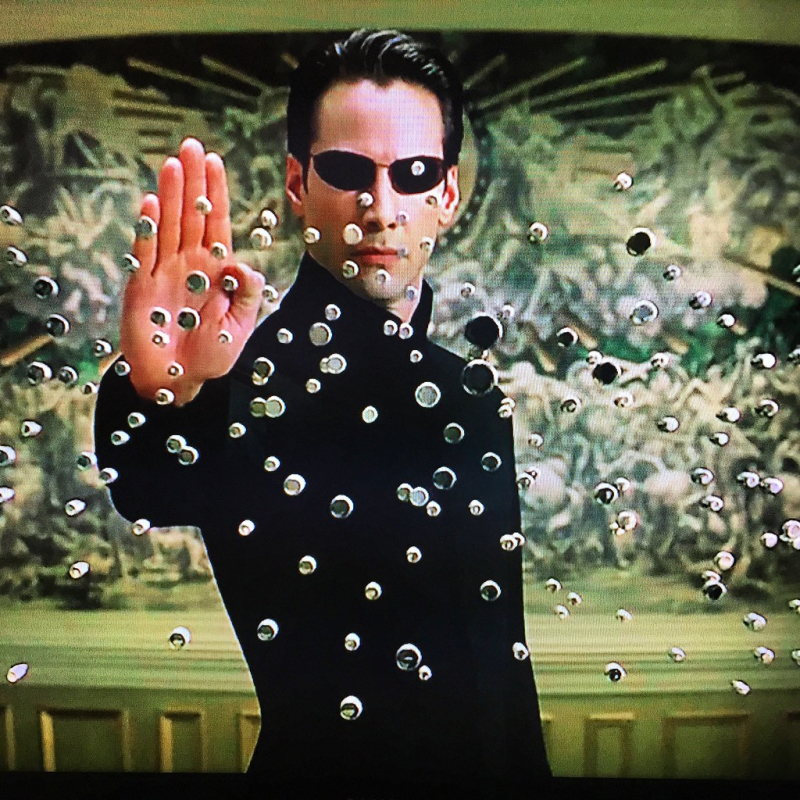
Photo on Flickr: https://www.flickr.com/photos/55229469@N07/33509570903 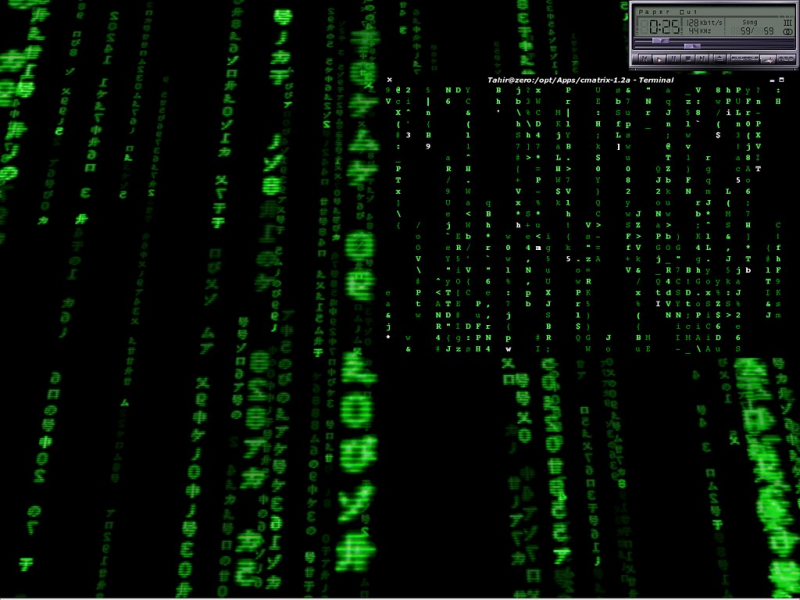
Photo on Flickr: https://www.flickr.com/photos/code_martial/612859







